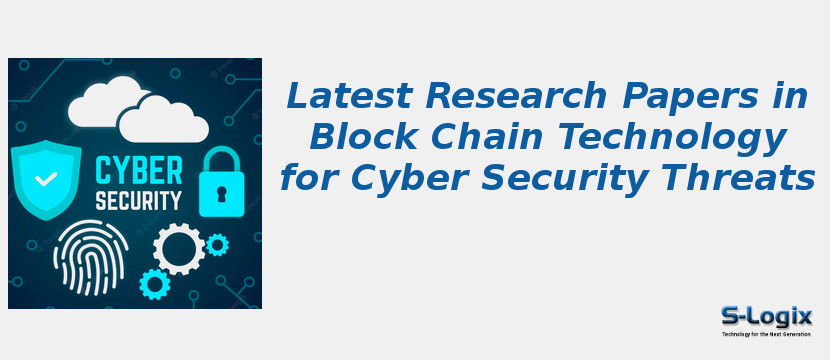Blockchain technology has gained significant attention in cyber security research due to its decentralized, tamper-resistant, and transparent nature, making it a promising solution for mitigating various cyber threats. Research papers in this area explore how blockchain can enhance data integrity, secure digital identities, and provide trustworthy access control mechanisms without relying on centralized authorities. Studies focus on applications such as intrusion detection, distributed denial-of-service (DDoS) mitigation, secure data sharing, and privacy-preserving authentication across cloud, IoT, and critical infrastructure systems. Recent works highlight blockchain’s role in enabling decentralized threat intelligence sharing, improving trust management, and supporting Zero Trust security architectures. However, research also investigates challenges like scalability, latency, energy consumption, and susceptibility to 51% attacks, which can limit its adoption in real-world cyber defense systems. Hybrid approaches that integrate blockchain with artificial intelligence, federated learning, and edge computing are being actively studied to strengthen resilience against evolving cyber threats. Overall, blockchain technology is increasingly recognized as a transformative enabler for building secure, transparent, and verifiable cyber defense mechanisms.
